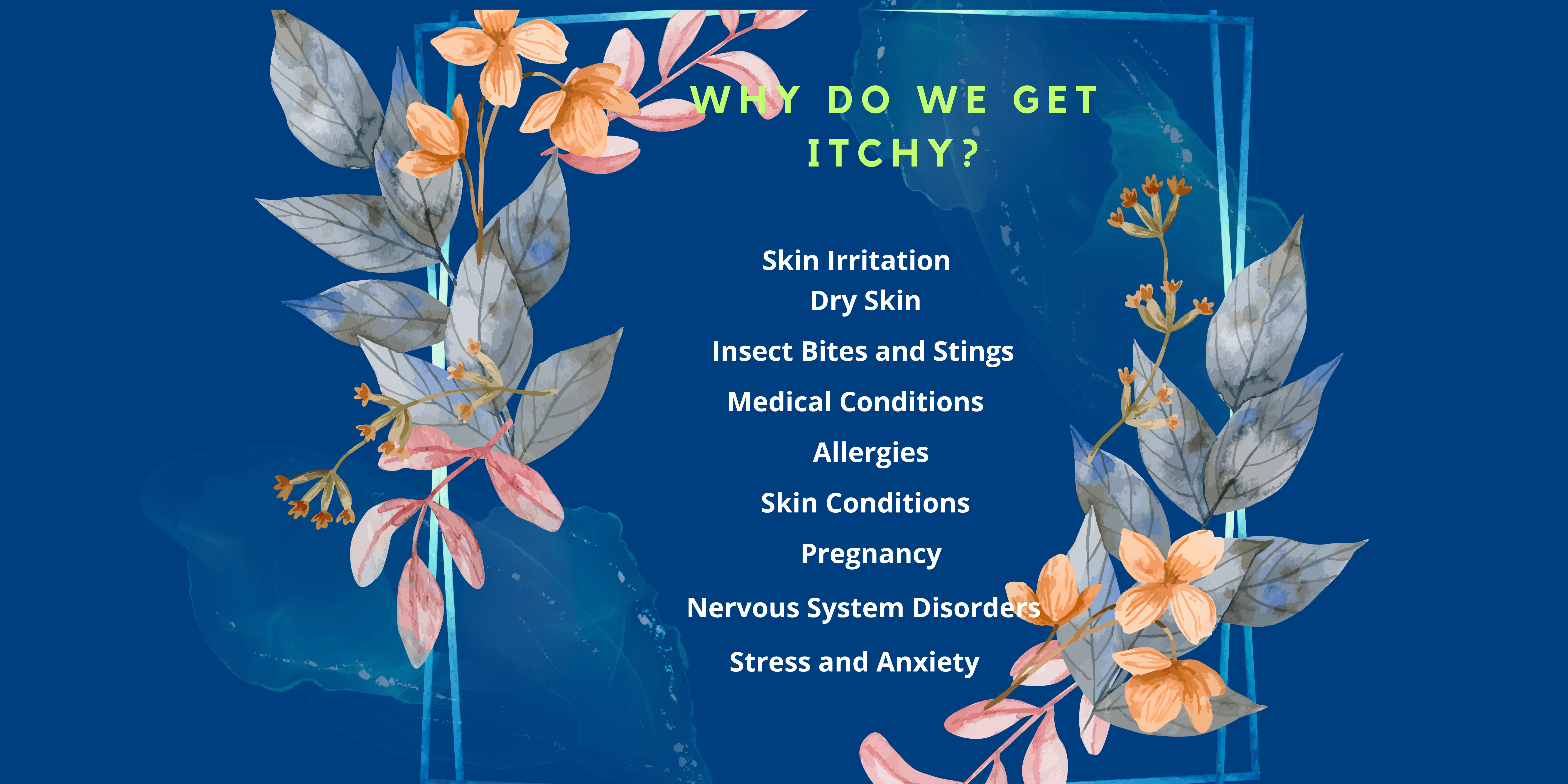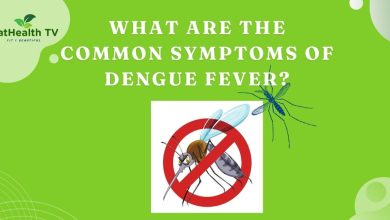Itching, medically known as pruritus, is a common sensation that occurs when nerve endings in the skin are stimulated. It can be caused by various factors, and the sensation of itching often leads to scratching, which can sometimes exacerbate the issue. Here are some common reasons why we experience itching:

1. Skin Irritation:
The most common cause of itching is skin irritation. This can be due to various factors, including contact with irritants like chemicals, soaps, detergents, or allergens. Certain fabrics, such as wool, can also cause skin irritation.
2. Dry Skin:
Dry skin lacks proper moisture, which can lead to itching. Cold weather, low humidity, excessive bathing, and the use of harsh soaps can contribute to dry skin.
3. Insect Bites and Stings:
Insect bites or stings can trigger an immune response that leads to itching and inflammation around the affected area.
4. Allergies:
Allergic reactions to substances like pollen, dust mites, animal dander, certain foods, or medications can cause itching, along with other symptoms like hives or a rash.
5. Skin Conditions:
Various skin conditions can cause itching, including eczema, psoriasis, dermatitis, scabies, and fungal infections like athlete’s foot or ringworm.
6. Medical Conditions:
Certain medical conditions such as liver disease, kidney disease, diabetes, and thyroid problems can lead to itching. The mechanism for itching in these cases may be related to the buildup of certain substances in the body.
7. Pregnancy:
Hormonal changes during pregnancy can cause itching, especially on the abdomen as the skin stretches.
8. Nervous System Disorders:
Some nervous system disorders can lead to abnormal itching sensations. This includes conditions like neuropathy or multiple sclerosis.
9. Medications:
Some medications can cause itching as a side effect. Always consult with your healthcare provider if you suspect a medication is causing your itching.
10. Stress and Anxiety:
Psychological factors like stress and anxiety can trigger or exacerbate itching. The mind-skin connection is complex and not fully understood.
11. Underlying Health Issues:
In some cases, itching might be a symptom of an underlying health issue that requires medical attention.
It’s important to note that excessive scratching can damage the skin and potentially lead to infection. If itching persists, worsens, or is accompanied by other symptoms such as a rash, swelling, or difficulty breathing, it’s recommended to consult a healthcare professional for proper diagnosis and treatment.




